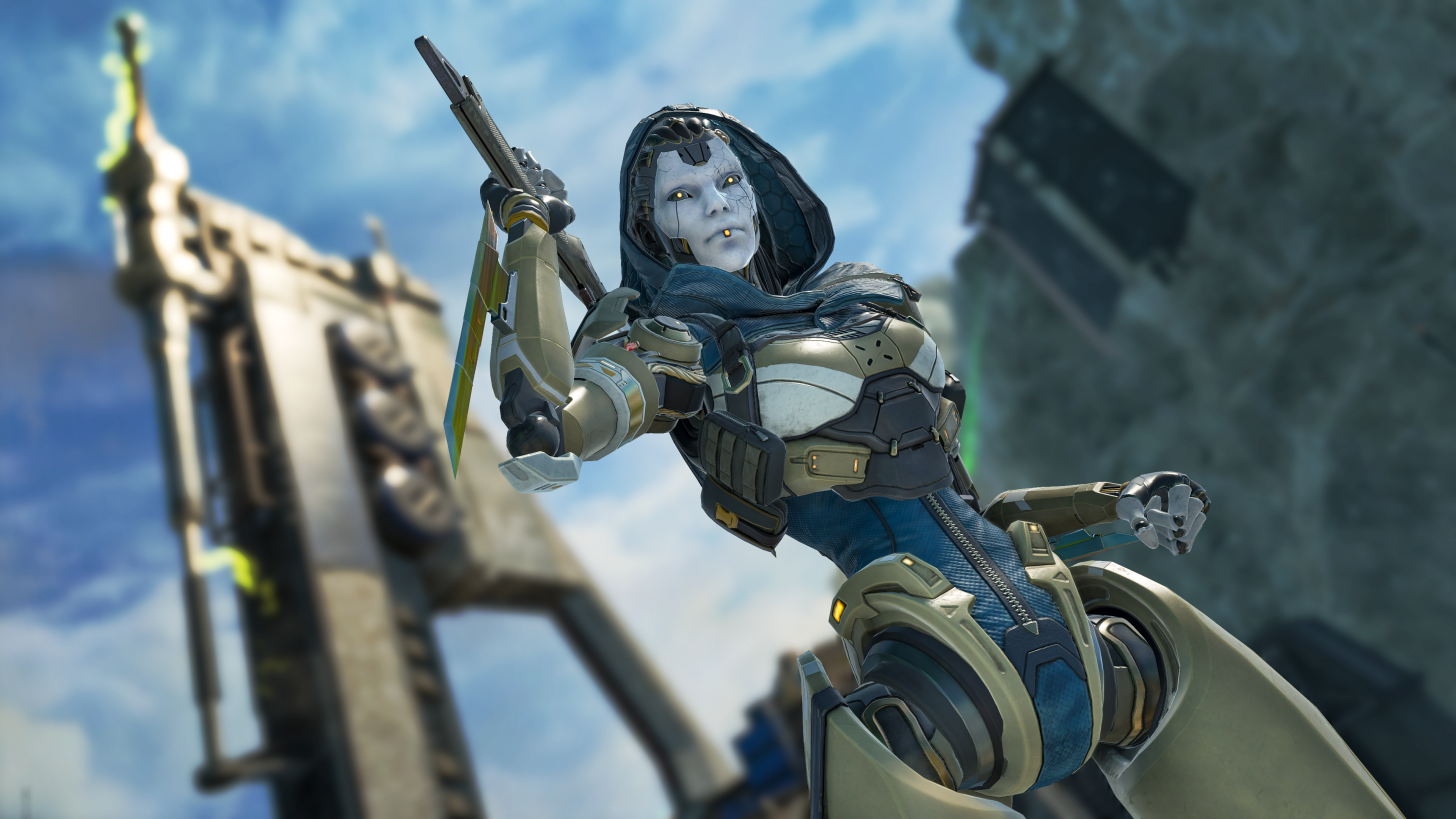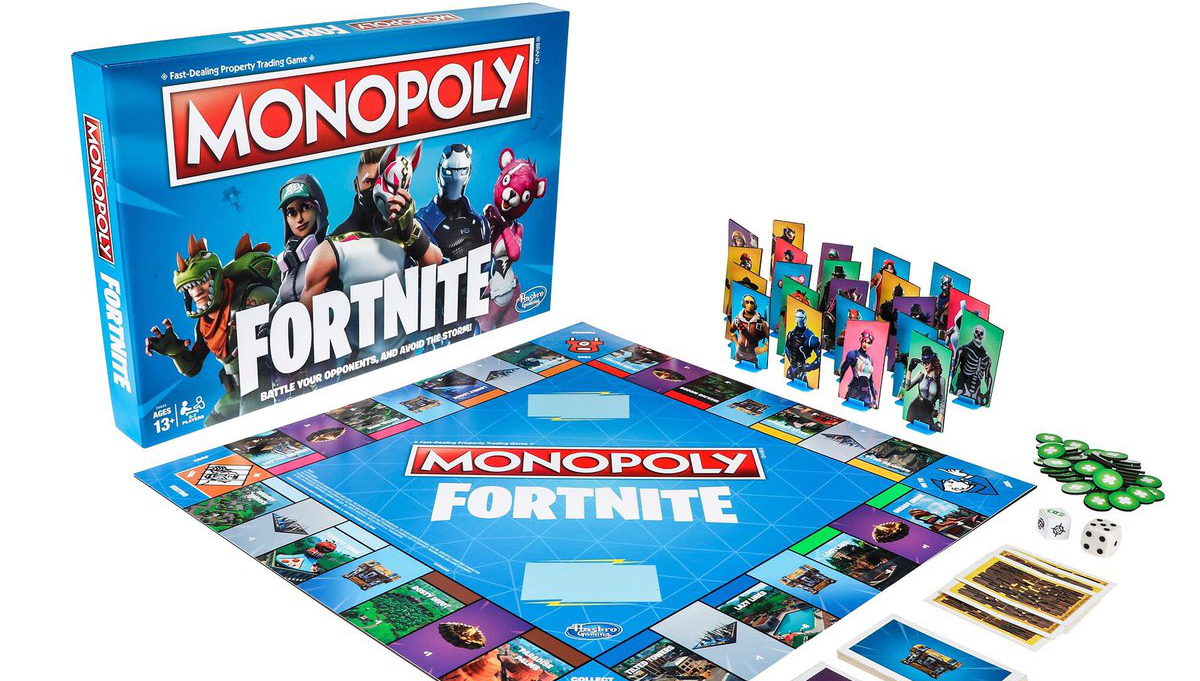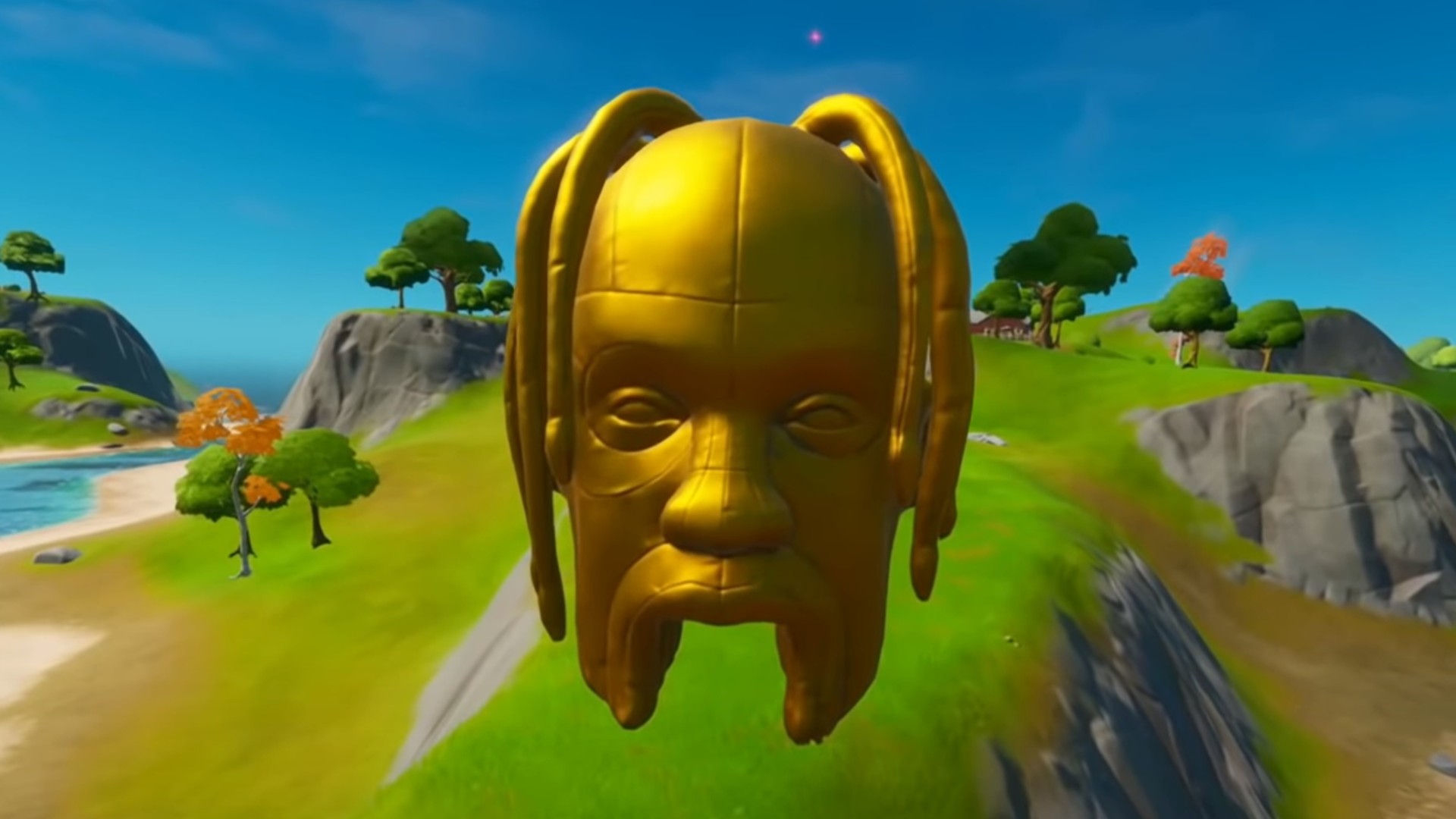The State of Fortnite in 2022: Pretty epic
Battle royale, live service platform, metaverse—has Epic's global smash outgrown labels?


To kick off 2022, we're taking a look at the major games, genres and platforms that make PC gaming to see where they're at as we begin a new year.

Fortnite Chapter 3 Season 2: Everything we know
Best Fortnite skins: Finest virtual threads
Fortnite Creative codes: Best custom maps
Fortnite on iOS: How to play Fortnite on GeForce Now
Fortnite Toys: The best NERF guns, action figures, and more
The biggest problem with Fortnite is that, by some distance, it is the fastest-changing game in history. A game that began as a co-op tower defence game and was catapulted into stardom with a battle royale mode is still both of those things, now with years of substantial additions and, every so often, a complete change in setting. It wouldn't even be accurate to say you're still playing the same game: How do you pigeonhole something like the amazing bespoke concerts Fortnite hosts, or the movie tie-ins, or something like the Martin Luther King Jr interactive exhibition? When Epic calls this thing a platform, you have to admit it's got a point.
One of Fortnite's principles is partnerships. Epic quickly intuited that when your business model is selling battle passes and cosmetics, you cannot have too many brand crossovers. It really cannot be overstated how big a part of Fortnite's appeal this is, a seemingly endless cast of already famous characters rotating in, usually at a moment that links to something else (such as the recent Spider-Man tie-in alongside the latest movie).
Here is some idea of the scale Fortnite is operating on in this regard. 2021 saw characters like these appearing in the game (I've grouped a few similar types together to save this stretching):
- The Mandalorian, Boba Fett
- Kratos
- Master Chief
- Black Panther, The Flash, Superman, Wonder Woman, Harley Quinn
- The Walking Dead's Rick Grimes and Michonne
- Predator
- The Terminator
- Ryu & Chun-Li
- Ripley and the Xenomorph
- Lara Croft
- Harley Quinn
- Aloy
- Footballer Neymar Jr.
- Rick & Morty
- Spider-Man, Carnage, Nick Fury, Thanos
- leBron James
- Mike Lowrey (Will Smith in Bad Boys)
- Frankenstein's Monster
- Ariana Grande
- Chris Redfield & Jill Valentine
- Arcane's Jinx
- A bunch of Naruto characters
- Marcus Fenix
Here's Epic's head of creative yesterday, teasing a Back to the Future collaboration. It goes on and on.
🙏 pic.twitter.com/Qf0JkOkc3DJanuary 23, 2022
This list is nowhere near complete. It doesn't even include the non-character tie-ins: The new season of Cobra Kai, for example, came alongside a bunch of Fortnite Cobra Kai karate gis, and that's barely scratching the surface. Fortnite's had items and themed aspects across a wild range of brands, from a Ferrari deal that saw the cars appear in the game, to having Air Jordan cosmetics, to a tie-in with the luxury fashion house Balenciaga. The Radiohead interactive exhibition KidAmnesiac took over the loading screen around the time of its release. There was a Monopoly tie-in of back bling alongside a new Fortnite-themed release of the board game.
I could go on and on and on. It's easy enough to pick out some of the themes Epic is pursuing, and why they make sense. Fortnite's audience skews towards the younger side, so superheroes and hot Netflix shows are high on the list, as are other classic videogame series. The superheroes are worth briefly pausing over, because it goes both ways: Part of Fortnite's appeal has always been that, regardless of what Epic is doing in the game, plenty of famous folk play it outside the game. With The Avengers, for example, the Russo brothers (directors of Infinity War and Endgame) liked the game and suggested 2020's Thanos crossover, before co-directing the opening cinematic for March 2021's Chapter 2 Season 6.
I'm sorry for talking this much about brand synergy, but what we might call 'aspirational' brands are a big part of the appeal also. To my old and wizened mind, this ties in with a lot of influencer culture and the desire to touch or be associated with luxury.
Keep up to date with the most important stories and the best deals, as picked by the PC Gamer team.
Monopoly? Okay, you got me there: Maybe that was a true metaverse moment.

Another world
I suppose, having raised the 'm' word, it's worth pausing over whether Fortnite fits that rather ill-defined label. And it probably does: better than anything else that's been called a metaverse, for sure. What gives Fortnite's claims some credence in this respect is that the core of the game, the reason so many players log-in regularly, is not really a part of its big events. They tend to be time-limited special modes where players are either watching a spectacle (with the ability to move around) or one-off spaces like the King exhibition: You watch Ariana Grande or visit that museum in Fortnite but, at those moments, Fortnite is just the vector for something else, something distinct.
How much further this can all go is the big question. Putting on a virtual concert with a famous artist is one thing; even building a whole new game mode for a one-off event is fine. But Fortnite as any kind of metaverse will always be bound to what Fortnite's audience responds to, and the wider way in which the metaverse is being pitched by companies like Meta-nee-Facebook seems quite distinct.
It is to Fortnite's enormous credit, however, that it is definitely at the forefront of something huge: Even if that's only showing everyone else how to build around and support a live service game. There are plenty of flash-in-the-pans in the games industry but Fortnite and its enormous success are now almost part of the scenery: To the extent it almost feels like we take Fortnite's ambition for granted.

Yes of course Epic has the money to do whatever it likes. The fact remains that it chooses to make bold decisions about the game and has the capacity to surprise in how far it will go. The Spider-Man tie-in may have been predictable, for example, but the fact Epic introduced a web-swinging mechanic to the entire game alongside a new map that much better suited it shows a developer determined to double-down and do more of what it does well.
I haven't touched on the ongoing in-game story which, while naturally quite daft, also allows the game to do things like bring in a mothership hovering above the map, or introduce the corruption cubes hunt, as well as build to these climactic season-ending events where, and again credit where credit is due, the outcomes feel consequential. Season 2's climax happened on December 5, 2021, an event called The End where players undertook a roughly half hour mission and, part of the way through, the island the game is set on starts flipping. You see this all happen from a distance, it's incredible to watch, and by the end the island has turned upside-down and there is the whole new season 3 map to see.
It's hard to put a figure on how many people are playing Fortnite in 2022 because Epic only really talks about figures when it has a headline-grabber to crow about. It boasted of 350 million registered players in 2020 and hasn't updated that figure since, but that is a staggering and unimaginable number. Going by the amount of Fortnite merch still knocking around, the 170,000 people watching it on Twitch as I write, and the fact it was still the 10th most-discussed game on social media last year, things seem to be chugging along.
Fortnite now has over 350 million registered players! In April, players spent over 3.2 billion hours in game. 🙌🥳Let’s keep the party going with our Party Royale Premiere LIVE on May 8 at 9PM ET featuring @DillonFrancis @steveaoki @deadmau5: https://t.co/H18c3UgBL1 pic.twitter.com/Cgt3r7LXQOMay 6, 2020
For Fortnite in 2022, the big question is whether Epic is going to continue to push the envelope with its live service model. Over time the developer has become more ambitious about what it's prepared to do and, while another huge lineup of celebrity cameos and character skins is the least fans could expect, the game now has proven form in being able to freshen-up the core experience while adding increasingly spectacular one-offs around it.
It may surprise you to know that, after writing all this, Fortnite isn't really my game. But there is one odd thing about it. I've never had another game that has made me come back so regularly, even for an hour, just to check out something I've heard about on the news. In that sense Fortnite now feels like part of the furniture, an example to any other game that has ambitions of keeping a huge audience interested for any length of time.

Rich is a games journalist with 15 years' experience, beginning his career on Edge magazine before working for a wide range of outlets, including Ars Technica, Eurogamer, GamesRadar+, Gamespot, the Guardian, IGN, the New Statesman, Polygon, and Vice. He was the editor of Kotaku UK, the UK arm of Kotaku, for three years before joining PC Gamer. He is the author of a Brief History of Video Games, a full history of the medium, which the Midwest Book Review described as "[a] must-read for serious minded game historians and curious video game connoisseurs alike."

